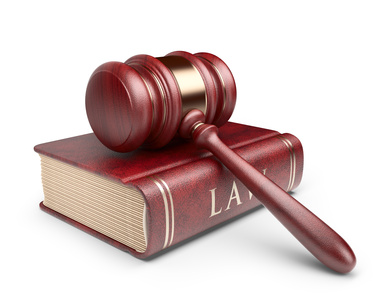Before attempting CPR on a patient, there are several things you must do. Make sure you and the patient aren’t in any danger—if possible, resolve the risk and if not, move the patient out of harms way. If unable to, for whatever reason, immediately call 911.
Check the patient and see if he/she is conscious or not. Do not check for a pulse because time is of the essence and finding a pulse can take too long. Call out to the patient asking, “Are you okay?” Repeat if necessary, and if the patient doesn't respond, immediately call 911 and then perform CPR—initiating Circulation, Airway and Breathing Tasks (the C-A-B’s) and not the A-B-C’s. Also, if possible have someone else call 911 and begin CPR, immediately.
It's important to note: that the AHA guidelines recommend in-confident performers should, at least, perform chest compressions upon the patient, since studies show chest compressions can be as effective as the combination of CPR.
Understanding Duty to Act
Duty to act is the duty requiring a person to take necessary action in order to prevent harm to another person or to the general public. Whether you are required to follow through depends on the situation and the relationship between the parties. In some cases, breach of duty may put a party at liability for damages.For laypersons, duty to act requires that you provide care if you have a legal duty. If you do not have a legal duty to provide care, you are not required to provide it.
Fear of providing care
There are a number of factors to weigh up when considering providing care. COVID-19 is an important concern, but the risk of contracting diseases can be reduced by wearing personal protective devices like masks, gloves, and gowns that limit exposure.If you feel fear of providing care due to possible legal issues, know that rescuers who provide care without a legal duty and act in good faith are protected by Good Samaritan laws.
If the situation is actively unsafe, do not attempt care. If you or the victim are at risk, it is best to call EMS and wait for support to arrive.
In some cases, you may be unable to save a victim. Rescuers should still attempt to provide the best care they are able to. A victim’s chances of survival can be improved by even basic efforts at life support. In accidents, victims who are clinically dead may still be helped when given care. Rescue efforts will not worsen their condition.
Following a traumatic situation in which you provided care, you may experience overwhelming emotions. If you continue to feel symptoms like depression, be sure to seek help from a professional source.




